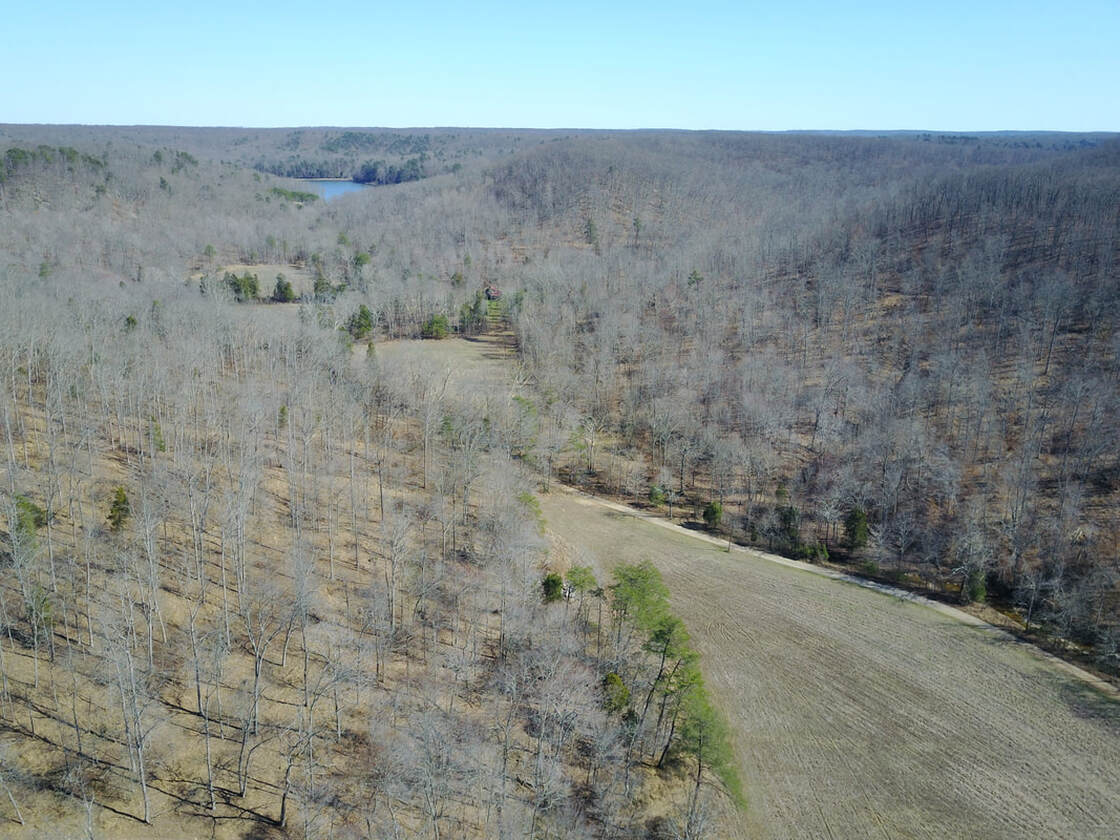Maple Gate/ Crooked Creek Farms ensure preservation through youth, state forest and educational programs
Submitted by James “Greg” Kuhns, Sr., M.D.
Maple Gate/Crooked Creek Farms have been in my family for over a hundred years. My grandfather Judge James P. Gregory loved to hunt and bought the first tract in the late 1890's. From there the farm grew to about 3000 acres of woods and fields. My aunt and uncle managed the farm from the depression until 1990 when my sister and I inherited it.
Maple Gate/Crooked Creek Farms have been in my family for over a hundred years. My grandfather Judge James P. Gregory loved to hunt and bought the first tract in the late 1890's. From there the farm grew to about 3000 acres of woods and fields. My aunt and uncle managed the farm from the depression until 1990 when my sister and I inherited it.
As the son of a career army doctor, we moved often but returned frequently to Kentucky and home was the farm. I spent many summers on the farm enjoying the woods and helping with the chores. Along with the farm, my experience with the Scouts created a real respect for conservation. It is with this ethic we have tried to manage the forest and the fields.
My timber management goal has been to improve the stands of trees that have been high graded where the harvest had been to take the best and leave the lesser or deformed trees. This improvement, I think, has happened as much as is practical.
Our intention was to preserve the forest and land from development and use it as demonstration areas of forest and wild land management. With this in mind, and facing the potential legacy of 14 heirs, we sought possible successor owners. While my aunt was alive, we sold about 700 acres to the Scouts, who have developed an excellent facility serving many young people year around.
With the help of Steve Gray, the Kentucky Division of Forestry service forester, and the support of Hugh Archer, Eric Gracey and Bill Martin, funds were obtained through the USDA Forest Legacy Program and the Kentucky Heritage Land Trust to purchase about 1100 acres to form Knobs State Forest. An approximately additional 500 acres was added more recently. My goal of the forest being used as an educational site came true with programs of red maple suppression, poplar stand thinning, dendrology, logging best practices, and water quality testing with field days and workshops using Salt River Watershed Watch and UK Extension instructors.
In addition, these programs also continued on our own farms. In 1999 the American Tree Farm System held their annual field day with over 400 people from all over the US and other countries attending the workshops and demonstrations held on Crooked Creek Farm.
Some of our ongoing projects and practices have been enhancing the wildlife environment with field plantings of native grasses, preserving fence rows, pollinator forbs plantings with NRCS grants, timber stand improvement, as well as fencing cattle out of the streams, Monarch butterfly way stations and breeding grounds with plantings of milk weed, patch cutting to enhance white oak regeneration. More recently has been the filming of a virtual workshop to demonstrate water quality testing and monitoring, tree planting, passive riparian buffer establishment, and invasive honeysuckle control. This was produced by Amanda Gumbert, water quality specialist, University of Kentucky Extension.
These activities were recognized with the awards of Tree Farm of the Year for Kentucky by the American Tree Farm System and Landowner of the Year by the Kentucky Fish and Wildlife Department.
None of this would have been possible without the support of Hugh Archer, former Commissioner of the Division of Natural Resources, as well as such dedicated foresters as Steve Gray, Robert Bean, Billy Thomas, Dick Brantigan and Sean Godbold. Many thanks to the Kentucky Natural Lands Trust, whose guidance in land management and preservation was very helpful. And finally, thanks to my sister and co-owner who supported these activities and programs, Anne Kuhns Van der Steur.
